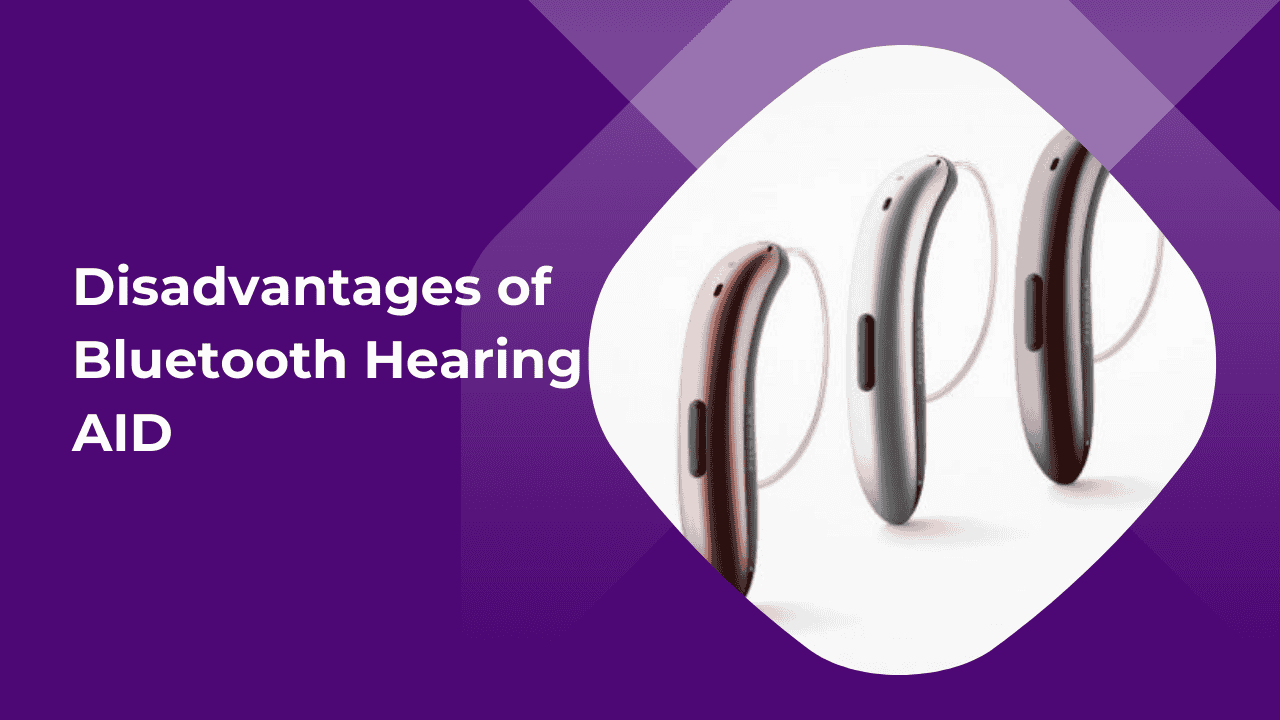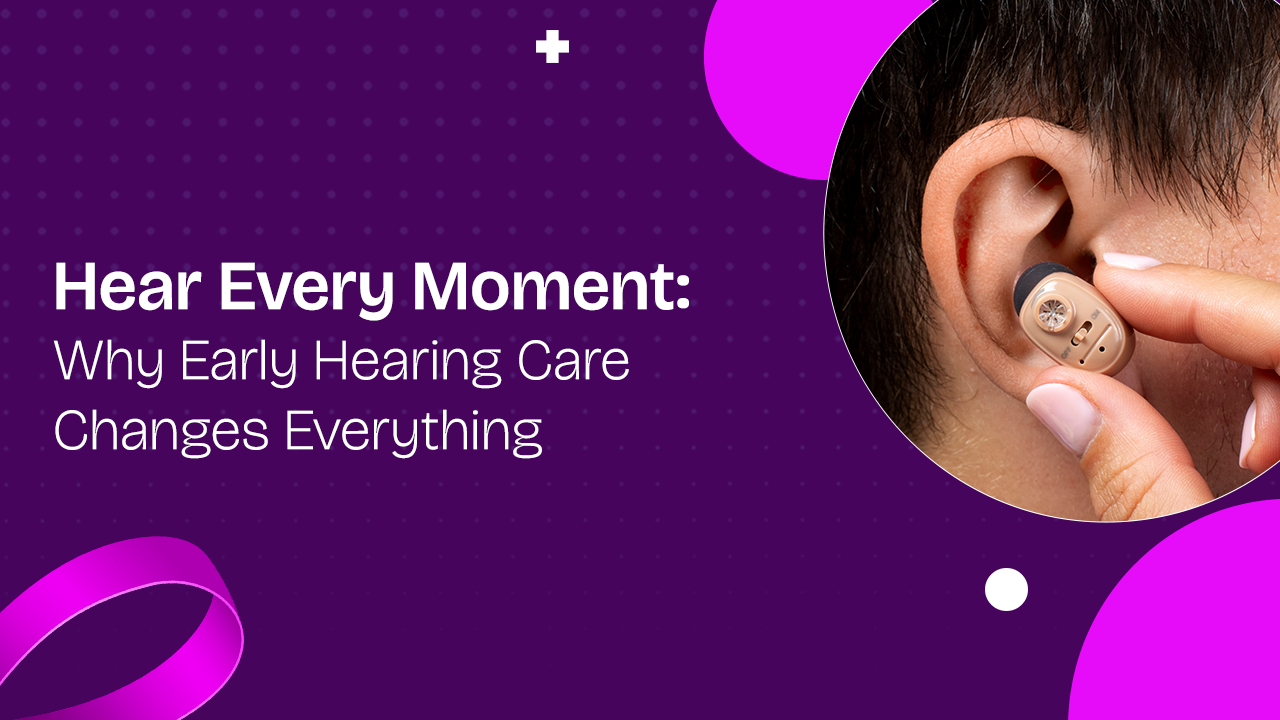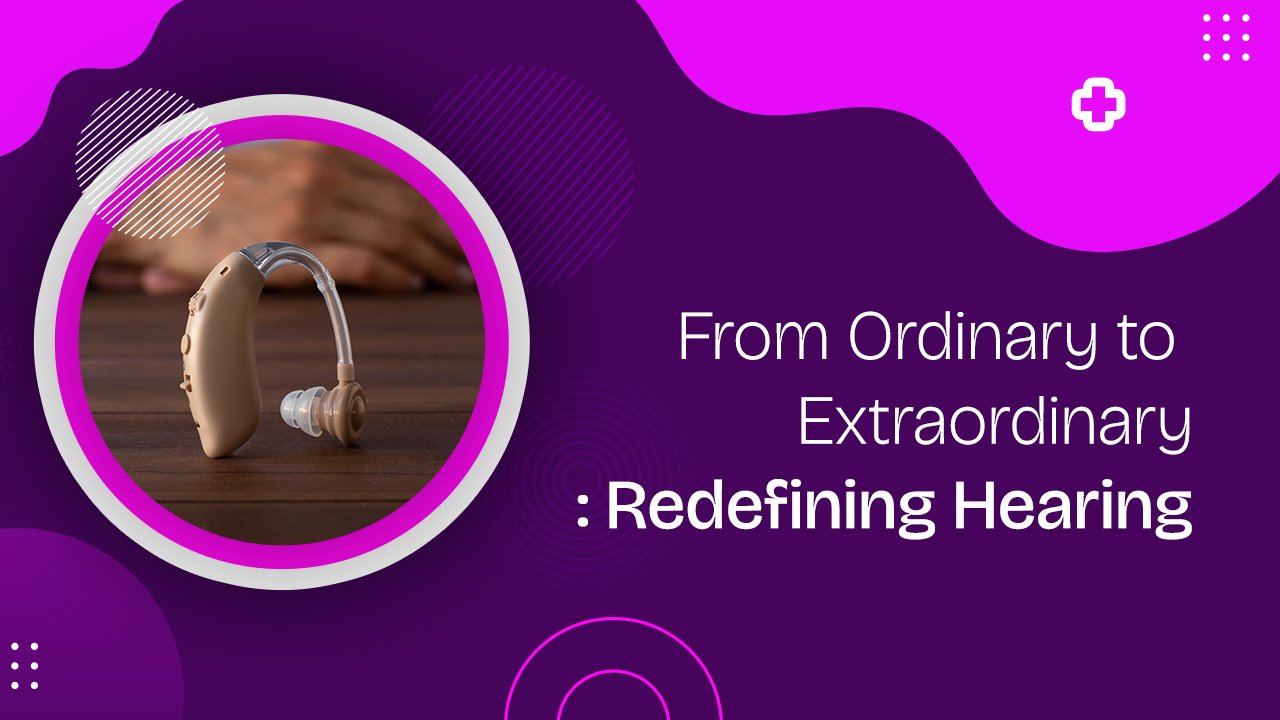Bluetooth hearing aids have revolutionized the way people with hearing loss experience sound. They offer features like streaming music directly from your phone, hands-free calls, and even adjustments through a smartphone app. But, like any technology, Bluetooth hearing aids aren’t without their drawbacks. If you’re considering upgrading or getting your first pair, here’s what you need to know about the potential downsides.
Battery Life Concerns
One of the most common issues with Bluetooth hearing aids is battery life. The added functionality of Bluetooth streaming and connectivity requires more power, which can drain your hearing aid batteries faster than traditional models. For those who are used to their hearing aids lasting a full day or more, this can be a significant inconvenience.
Rechargeable models help mitigate this issue, but they still need regular charging. If you forget to charge them or experience a power outage, you might find yourself without your hearing aids when you need them most.
Connectivity Problems
Bluetooth technology, while incredibly useful, isn’t perfect. Users often report issues with connectivity. This can include difficulty pairing the hearing aids with other devices, dropped connections, or interference from other Bluetooth devices. For someone relying on their hearing aids for day-to-day communication, these connectivity issues can be frustrating and disruptive.
Compatibility Issues
Not all Bluetooth hearing aids are compatible with all devices. For example, some hearing aids might work well with iPhones but have limited functionality with Android devices. If you’re using older devices or multiple devices from different manufacturers, you might encounter compatibility issues. This can limit the usefulness of the Bluetooth features and make it more challenging to get the most out of your hearing aids.
Sound Quality
While Bluetooth hearing aids are designed to enhance sound quality, the reality can sometimes be different. Issues like latency (a delay between the sound being transmitted and when you hear it) can affect your experience, especially when watching TV or talking on the phone. Some users also report that the sound quality isn’t as clear as they expected, particularly in noisy environments.
Health Concerns
Some people worry about the potential health risks associated with wearing Bluetooth devices. Concerns range from the impact of electromagnetic fields (EMFs) on the brain to potential interference with other medical devices. While current research suggests that Bluetooth technology is safe, these concerns can still be a significant consideration for some users.
Cost
Bluetooth hearing aids tend to be more expensive than their traditional counterparts. The added technology and features come at a premium, which might not be feasible for everyone. Additionally, if you encounter issues and need repairs or replacements, these costs can add up over time.
Learning Curve
Switching to Bluetooth hearing aids can come with a learning curve. Adjusting to the new technology, managing settings through an app, and troubleshooting connectivity issues require a certain level of tech-savviness. For those who are not comfortable with technology, this can be a daunting and frustrating experience.
Comparisons with Other Types of Hearing Aids
To help you make an informed decision, let’s compare Bluetooth hearing aids with other types of hearing aids:
- Traditional Hearing Aids: These do not offer Bluetooth connectivity but are simpler to use and often have longer battery life. They might be a better choice if you prefer straightforward functionality without the need for frequent charging or tech management.
- Wireless Hearing Aids: These use wireless technology other than Bluetooth, which can offer some connectivity features but might not be as versatile or widely compatible as Bluetooth-enabled models.
Common Questions Answered
Are Bluetooth hearing aids better?
It depends on your needs. If you value the ability to stream audio directly from your devices and are comfortable with technology, Bluetooth hearing aids might be better for you. However, if you prefer simplicity and longer battery life, traditional hearing aids could be a better fit.
Is it safe to wear Bluetooth hearing aids?
Current research indicates that Bluetooth technology is safe to use. However, if you have specific health concerns, it’s always a good idea to discuss them with your audiologist.
Do Bluetooth hearing aids affect the brain?
There is no substantial evidence suggesting that Bluetooth hearing aids negatively affect the brain. The levels of EMFs emitted by these devices are well within safety standards.
How long do Bluetooth hearing aids last?
The lifespan of Bluetooth hearing aids is similar to traditional hearing aids, typically ranging from three to seven years. The longevity depends on the model, usage, and care.
Which is better, Bluetooth or wireless?
Bluetooth is generally more versatile and widely compatible with various devices, offering more features like direct streaming. However, wireless hearing aids might offer simpler connectivity options and could be easier to use for those less comfortable with technology.
Conclusion
Bluetooth hearing aids offer many exciting features and can significantly enhance the listening experience. However, it’s essential to weigh these advantages against the potential disadvantages. Consider factors like battery life, connectivity, compatibility, sound quality, health concerns, cost, and the learning curve before making your decision. Consulting with an audiologist can also help you determine if Bluetooth hearing aids are the right choice for your specific needs and lifestyle.








